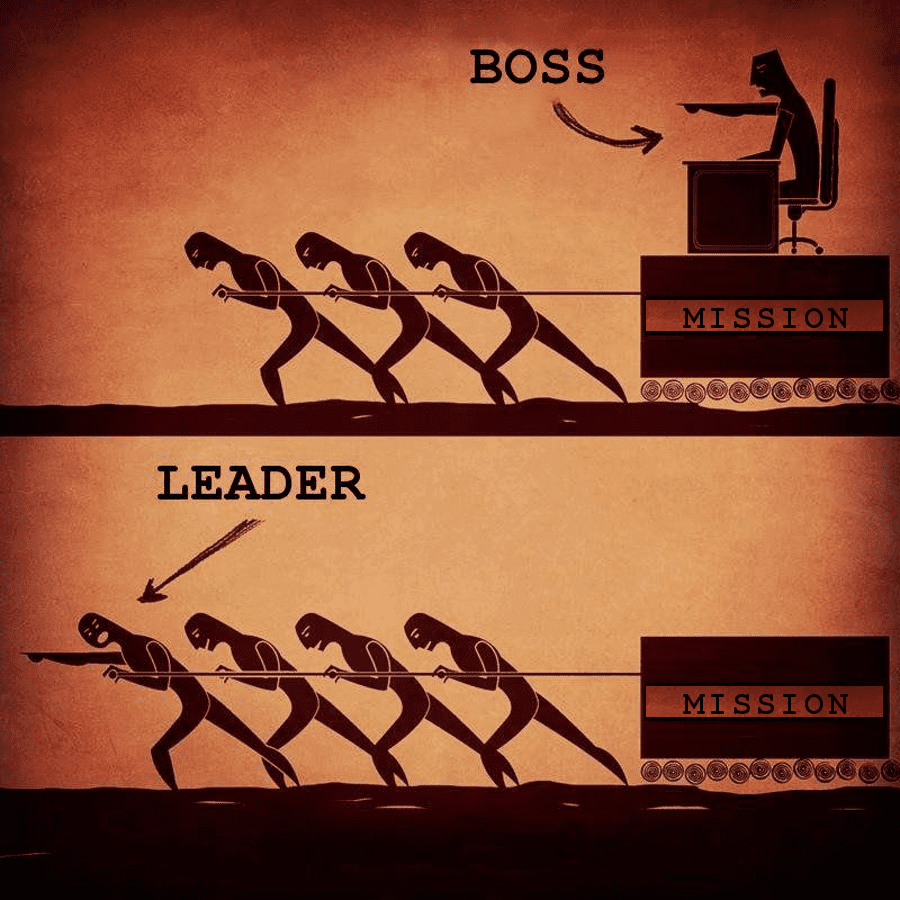To help us understand how a humanitarian NGO like Oxfam operates and the challenges they face in decision-making, today we imagined we were members of an Oxfam project teams designing a sustainable development programme for a small village in rural Bangladesh.
The other key purpose behind this learning experience was to help us develop stronger collaboration skills and to gain a hands- on sense of what real teams in the working world experience as they try to collaborate.
See slideshow link for the steps we took today:Click Here
We began we reflecting on what we had already discovered about NGOs and then examined the meaning of two key words:
A key element to our development programme is to help the village become sustainable so we discussed what they means and examples of what could or could not constitute as being sustainable.
We then reread the facts about the village and found some key points we needed to understand:
Developing effective collaboration skills is key in the real world when we work in teams. We brainstormed what we know helps and what hinders effective collaboration from happening:
It is important that a team understands the roles and responsibilities of each team member so we made notes to ensure everyone understood:
Teams making decisions together and completing budget reports, inventories and taking minutes of their meetings:
During our project, we received feedback about how well we were collaborating, our time management and some observation feedback comments:
Time for some additional feedback:
Before we headed out to recess, we joined in a circle and shared some reflections- challenges we were facing, what we were learning about NGOs etc.
A few of us commented about leadership thinking the leader was in charge or that the leader should be telling others what to do.
Upon returning from recess, we looked at these images and discussed what they tell us what a leader's real role is:

(From website: https://getlighthouse.com/blog/qualities-of-a-good-leader/ )
(From website: http://archiengi.com/that-separate-a-boss-from-a-leader/ )
We discussed how a leader is responsible for ensuring the success of the team and to help team members achieve their goals rather than bossing team members around.
This helped change a few mindsets about what a leader really is.
We then continued developing our programmes.
One of the key elements we needed to think about is our budget.
For the first year, each team is allocated a definite budget of 18 500 francs. What the team decided to spend the money on to help develop the village was certain. However, the 2nd and the 3rd year of the project an anticipated budget of 15 000 francs each year is allocated. This money though is dependent on Oxfam being able to raise that amount of money from public donations.
Real NGOs sometimes operate this way.
The teams need to think that there is a possibility that in the 2nd or 3rd year, not enough money will be raised so they need to plan what they would drop from their development programme.
We haven't completed our projects yet so this will be continued tomorrow...........












No comments:
Post a Comment